
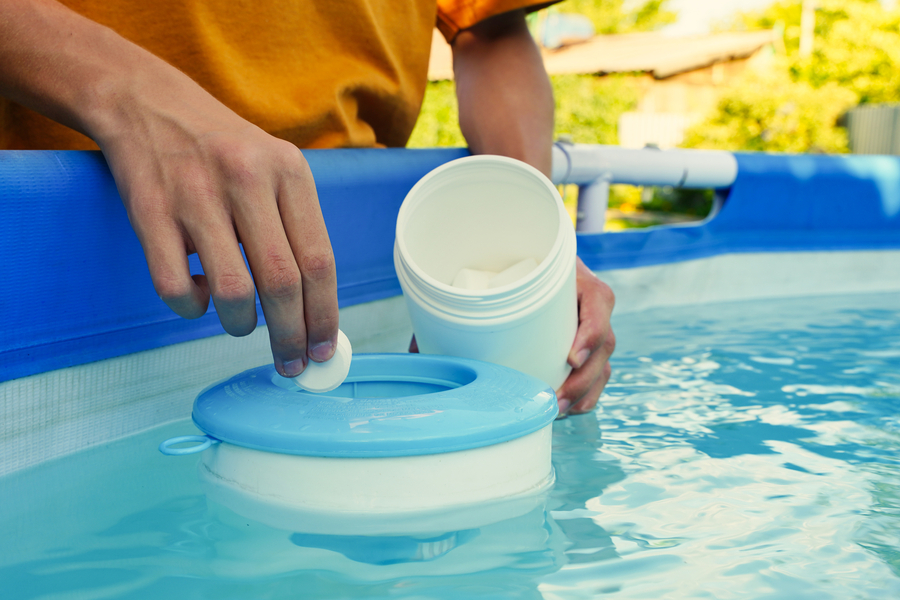
Swimming pools and hot tubs are relaxing pastimes, but they need to be sanitized and cleaned regularly in order to keep them safe and fun. If you do not clean your pool and sanitize the water, it can grow algae and bacteria that can be unhealthy and gross. Typically, chlorine and bromine are used as the most common chemicals for sanitizing a pool. However, there are many different products that can be used, and some have a different purpose than others. Keep reading to find information on chlorine solutions for a pool, as well as details on pool chemicals and their various uses. A pool often has a buildup of contaminants in it, such as salmonella or E. coli. Adding chlorine to water forms a weak acidic chemical called hypochlorous acid. This acid kills the germs without posing a threat to swimmers. Chlorine for a pool commonly contains calcium hypochlorite at about 63g per litre. Household bleach is water that has sodium hypochlorite, typically referred to simply as chlorine (not to be confused with chlorine gas). Household Bleaches contain only 3-6% chlorine. Chlorine itself is an element that occurs naturally, usually as a salt known as sodium chloride. Chlorine for use in a swimming pool is usually separated from sodium chloride using brine electrolysis and is then made into chlorine salts such as lithium hypochlorite. Bleach and chlorine are chemically very similar to each other (in some cases, actually identical). The difference between the two is generally the concentration of chlorine salts used (not to be confused with chlorine gas). For sanitizing a pool, you can use regular bleach as long as it has a relatively high concentration of chlorine. You will also want to make sure it is free of additives such as fragrances or colourings. The best concentration of chlorine for sanitizing a pool is generally between 1-3 parts per million (ppm). Clorox recommends using 100-200 fluid ounces of bleach per 10,000 gallons of water. Chlorine or bleach for sanitizing water can be added by hand in liquid, powder, or tablet form, or by using an automatic pool chlorinator. It is important that you follow any manufacturer’s instructions and safety recommendations for chemical use. You will want to make sure you have testing kits on hand for ensuring that your pool has an appropriate concentration of chlorine. Too little will not be effective, and too much will be harsh and potentially irritating to the skin and causing burning eyes. Aside from the regular chemicals used to sanitize water and keep it safe, there are other chemical processes that are important for proper pool maintenance. Pool shocking refers to adding additional chlorine to the pool periodically to shock and kill pathogens. Shocking a pool typically involves raising the free chlorine levels to about ten times the regular chlorine level of your pool. This is referred to as “breakpoint chlorination”. The process of pool shocking can be accomplished by following these simple steps: Chemicals used for sanitizing a pool include chlorine and bromine. The pool chemicals used are important for your equipment's maintenance lifespan. If your pool reaches a pH level that's balanced, it can reduce the need for cleaning and maintenance. While heavily chlorinated water may cause irritation of the eyes, skin, or respiratory problems, it is also common for pathogens in poorly chlorinated water to cause irritation. If you want to be safe, it is important to test your water daily to ensure proper chemical concentration. While a swimming pool is a great way to stay cool and pass the time in the summer, it is important that they are properly maintained in order to ensure the health effects and safety of swimmers, as well as the proper maintenance of equipment. While chlorine for a pool and household bleach is very similar chemicals, they are not exactly the same. The main difference between the two is the concentration of chlorine present. Household bleach usually has much lower concentrations. For expert swimming pool maintenance in Toronto, contact People for Pools at 647-710-8926, located at 1585 Britannia Rd E, Unit B3 Mississauga, ON L4W 2M4, and ensure your pool is properly sanitized.How Chlorine Keeps Your Pool Safe
Bleach Versus Chlorine for Your Pool
How Is Chlorine Made?
Can I Use Bleach In My Swimming Pool?
How to Use Bleach To Clean Your Pool
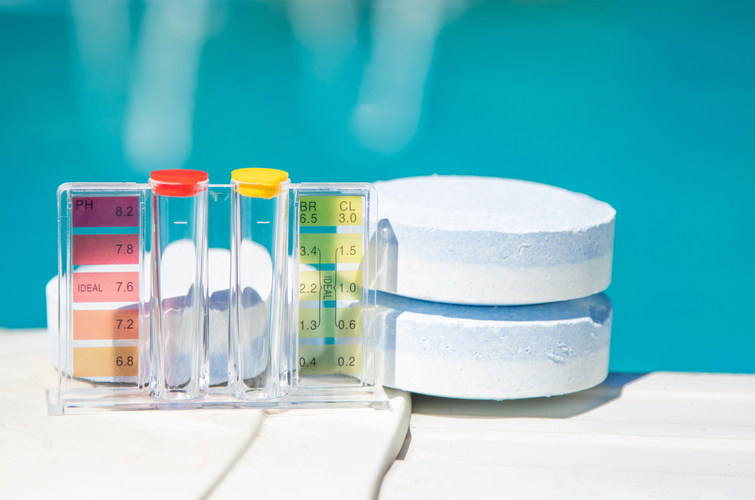
What Is Pool Shock?
Finding The Right Balance of Pool Water Chemicals
Does Chlorine Irritate The Eyes?
Final Thoughts
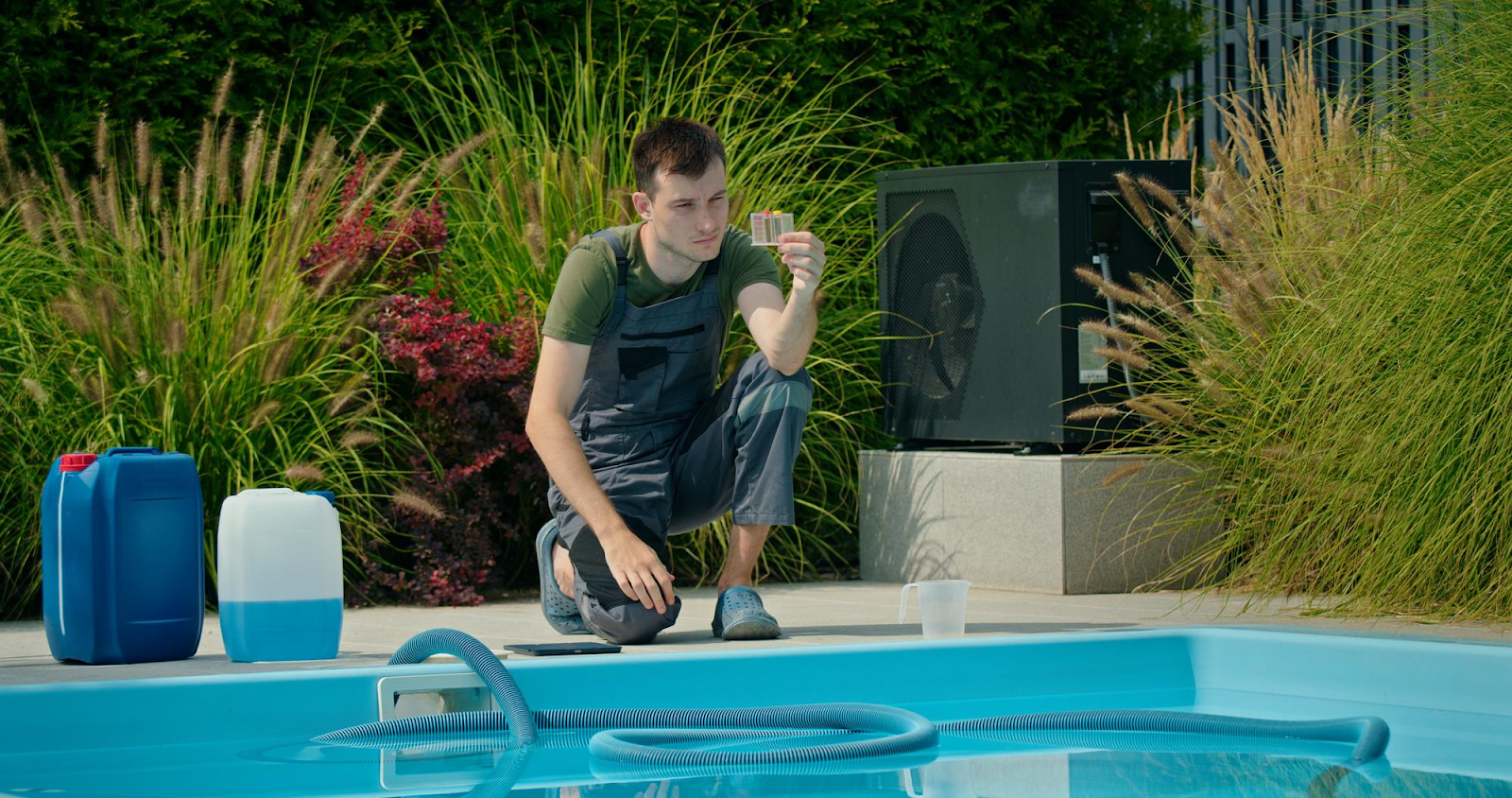
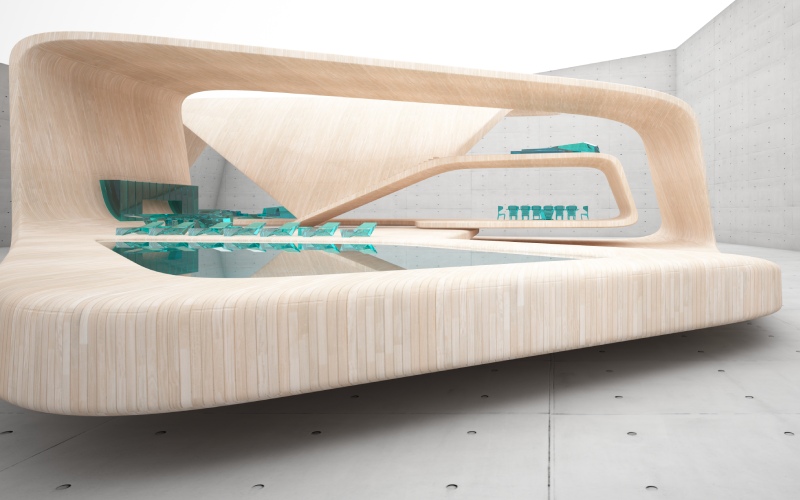
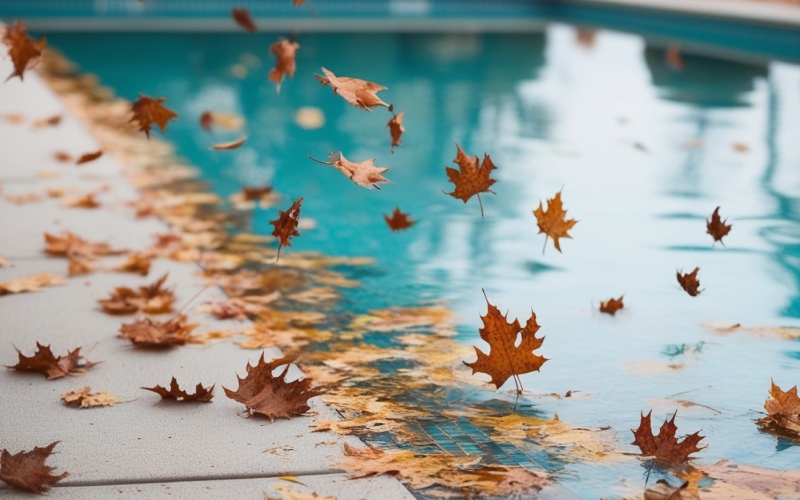
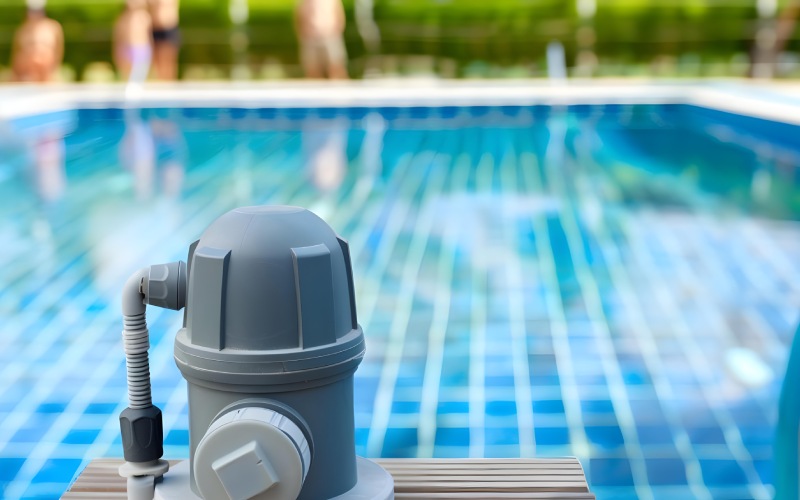
While we strive to provide as much useful information and tips as possible in our blogs, you may still have questions about your pool. That's okay! That's what we're here for. Give our team a call to discuss any questions you may have or the services you're interested in. Not only can we thoroughly answer your questions and concerns, but we can also help you regularly maintain your pool.
Give us a call, email us, or fill out and submit a form below and we'll respond promptly. We proudly service the Greater Toronto Area and can provide you with a free quote.

PEOPLE for POOLS is a professional pool company that can take care of your pool this season. Call us today to inquire about our pool maintenance service. Potential customers can receive a free quote for our services.